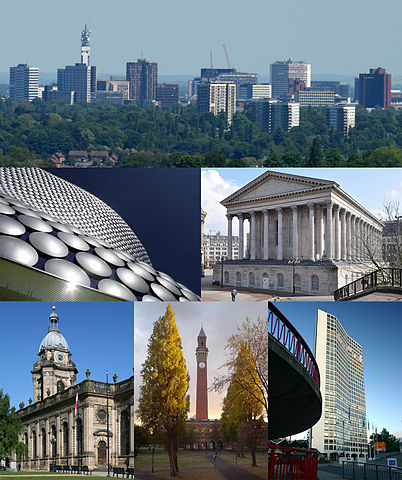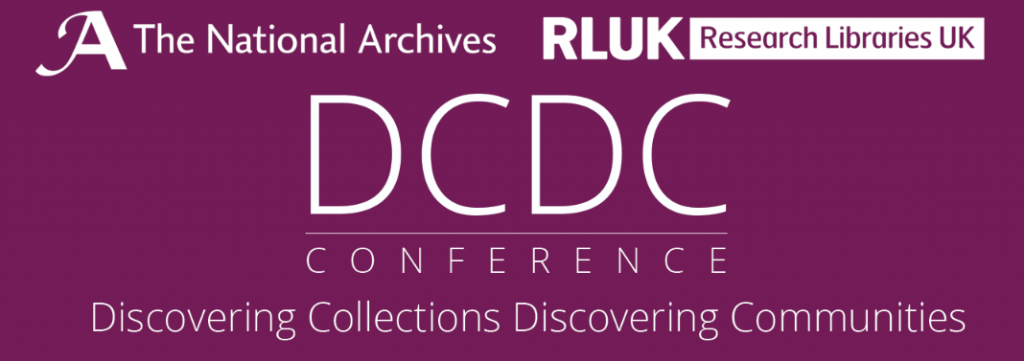|
Digital meets Culture https://www.digitalmeetsculture.net/article/dcdc2018-discovering-collections-discovering-communities-memory-and-transformation/ Export date: Thu Apr 3 22:41:15 2025 / +0000 GMT |
DCDC2018 Discovering Collections, Discovering Communities / Memory and Transformation  About the conference About the conferenceDiscovering Collections, Discovering Communities is a collaborative conference series between The National Archives and Research Libraries UK. Now in its sixth year, DCDC brings together colleagues from across the archive, library, museum and academic sectors to explore shared opportunities, collective challenges, and to discuss how each sector can work more effectively with one another.
Open and inclusive in its ethos, the DCDC conferences bring together an unparalleled variety of experiences drawn from across the UK, Europe, and further afield. It includes contributions from individuals of all career stages, from established academics and practitioners, to those just starting out. Its keynote speakers are drawn from across the heritage and academic sectors, are leaders in their field, and inspire debate and discussion amongst its hundreds of delegates. The annual conference has now become a well-established event on the cultural, heritage and academic calendars. DCDC18 will be held on 19-21 November 2018 at the BCEC (Birmingham Conference and Events Centre), Birmingham. The theme for 2018 edition is Memory and Transformation. Website: http://dcdcconference.com/ DCDC18 call for papers - deadline 27 April 2018 DCDC18 will consider the interplay between memory and transformation within heritage organisations and their wider impact on the cultural landscape. We will seek to examine how, through developing new points of entry to collections, archives, libraries, museums and galleries, we can work collaboratively with each other and academic organisations to meet strategic ambitions. Further, we will explore how to meaningfully engage with different audiences and communities whose far reaching interests can often have an equally transformational impact on our own professional cultures. Memory is a thread running through every collection: their content, their production, their physicality, their journey and current use. The memories held in collections can both connect us with the past, immersing us in experiences through the eyes of others, and inform the future through innovative research and the development of new ideas, technology, science and art. The important role that scientific collections and heritage organisations have played in the health of the human mind, including through reminiscence therapies and supporting mental wellness, are examples of their potential and value to individuals and society. img. Birmingham Skyline from the west Selfridges Birmingham Town Hall St Phillip's Cathedral University of Birmingham Alpha Tower, CC BY-SA 3.0. via Wikipedia https://it.wikipedia.org/wiki/Birmingham#/media/File:BirminghamMontage.jpg |